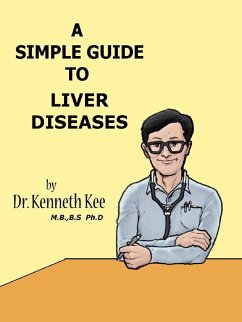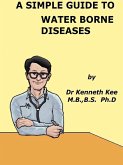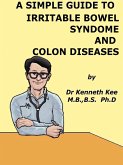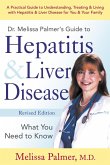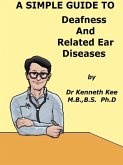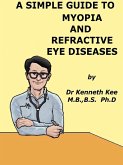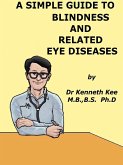Bilirubin is the breakdown product of hemoglobin during the end of life span of a red blood cells.
The types of bilirubin are:
1. unconjugated bilirubin which is toxic, fat soluble and cannot be excreted by the kidneys
2. conjugated bilirubin which the hepatocytes in the liver has conjugated the unconjugated bilirubin and excretes in the bile.
Conjugated bilirubin is water soluble and in high levels is also excreted in the urine as dark tea colored urine.
What are the causes of Jaundice?
The causes of jaundice are:
1. Hemolytic anemia is due to the break up of red blood cells
Here the major form of bile pigment is unconjugated
2. Hepatocellular or liver causes:
a. Acute:
1. viral hepatitis A to F,
2. alcoholism,
3. toxic chemical hepatitis including drugs and
4. bacterial infections such as leptospirosis.
More of conjugated bilirubin at early stages followed by unconjugated bilirubin.
b. Chronic liver cirrhosis - mostly unconjugated bilirubin
3. Obstructive jaundice: mainly conjugated bilirubin accumulates
a.Intrahepatic cholestasis due to drug sensitivity
b. Extra hepatic gallstones, carcinoma of biliary systems or adjacent organs.
What are the effects of Jaundice?
The effects of jaundice:
1. yellowing of the skin and white of eye and mucous membranes like inside of the lips
2. liver enlargement and palpable gallbladder in blockage
3. enlarged spleen especially in hemolytic anemia
4. dark colored urine due to presence of bilirubin in the urine
5. pale stools
6. prolonged tiredness from anemia, loss of blood,
7. encephalopathy from bilirubin affecting the brain
8. nausea and vomiting.
9. poor appetite
Diagnosis of causes:
1. Hemolytic anemia
a. bilirubin raised
b. liver function tests normal
c. urine and stools may be normal except for excess urobilinogen
d. blood hemorrhage tests for hemolytic anemia
2. Hepatocellular
a. liver function test normal except for increased liver enzymes, proteins normal but alkaline phosphates may be raised
b. tests for infections such as hepatitis, mononucleosis, and cytomegalovirus
c. antinuclear antibody
3. Obstructive:
a. liver function tests-conjugated bilirubin raised, liver enzymes raised, alkaline phosphatase raised
b. previous attacks of jaundice
c. biliary colic
Other tests include:
1. Utrasound of liver and gallbladder
2. cholecytograms
3. cholangiography
4. MRI of liver and abdomen
5. liver biopsy
What is the treatment for Jaundice?
Treatment usually includes:
1. supportive treatment like
a. rest
b. adequate fluids
2. adequate nutrition and vitamin B
3. treatment depends on the cause:
a. blood transfusion or platelet transfusion for hemolytic anemia
b. treatment of infections
c. surgery for obstructive lesions
Prognosis:
depends on the underlying cause.
Prevention:
1. Avoid seafood especially cockleshells which may cause hepatitis A
2. Avoid casual sex which can spread hepatitis B and C
3. Avoid reusage of syringes in drug addicts to prevent Hepatitis C and AIDS
4. Avoid medicine which can cause obstructive jaundice.
TABLE OF CONTENT
Chapter 1 Jaundice
Chapter 2 Hepatitis
Chapter 3 Hepatitis A
Chapter 4 Hepatitis B
Chapter 5 Hepatitis C
Chapter 6 Liver Cirrhosis
Chapter 7 Liver Cancer...
Dieser Download kann aus rechtlichen Gründen nur mit Rechnungsadresse in A, B, CY, CZ, D, DK, EW, E, FIN, F, GR, H, IRL, I, LT, L, LR, M, NL, PL, P, R, S, SLO, SK ausgeliefert werden.

